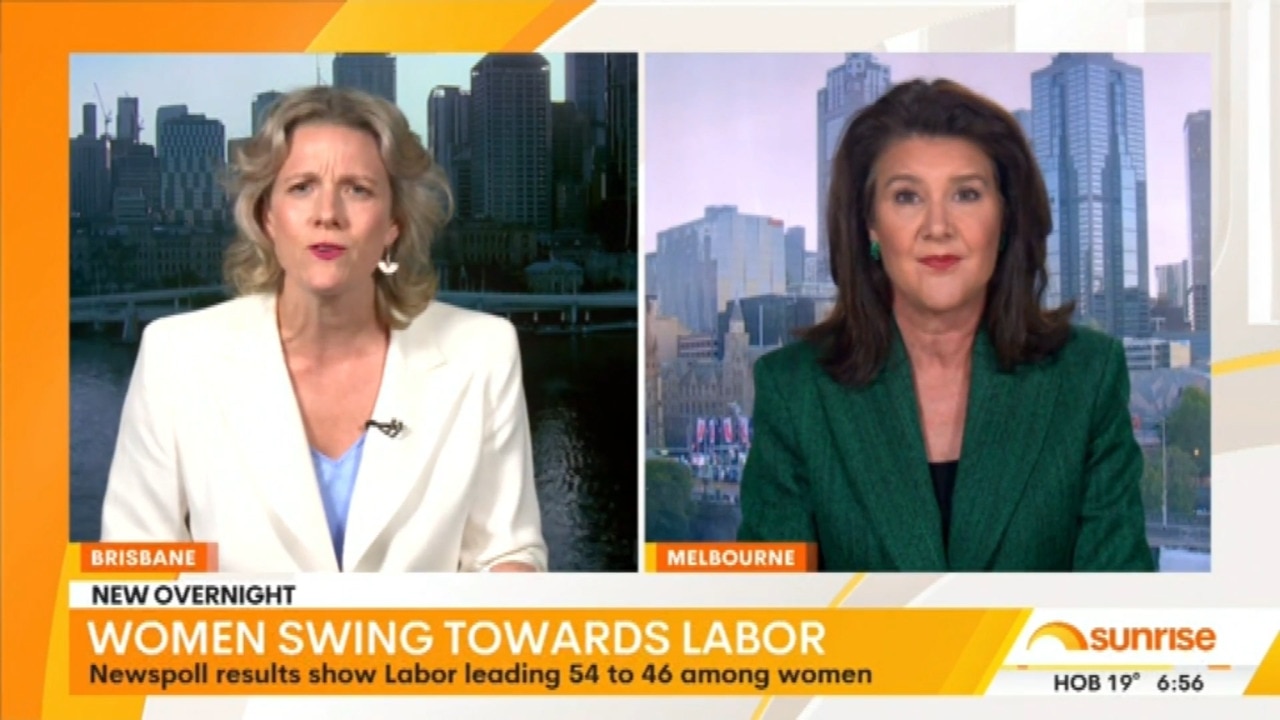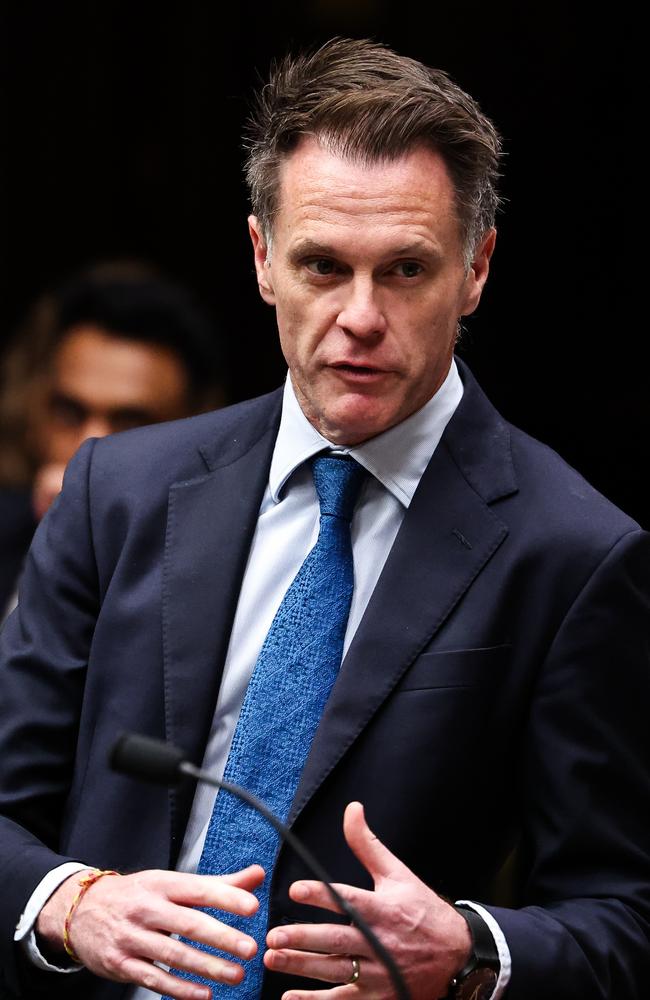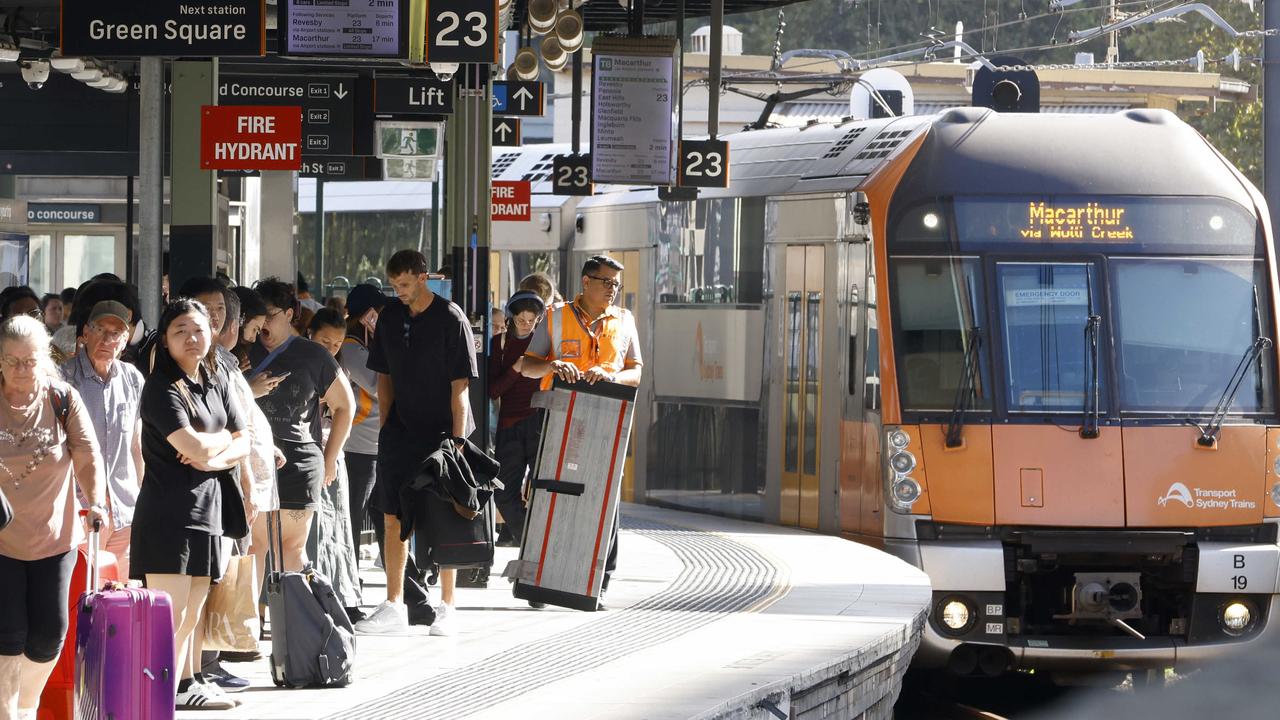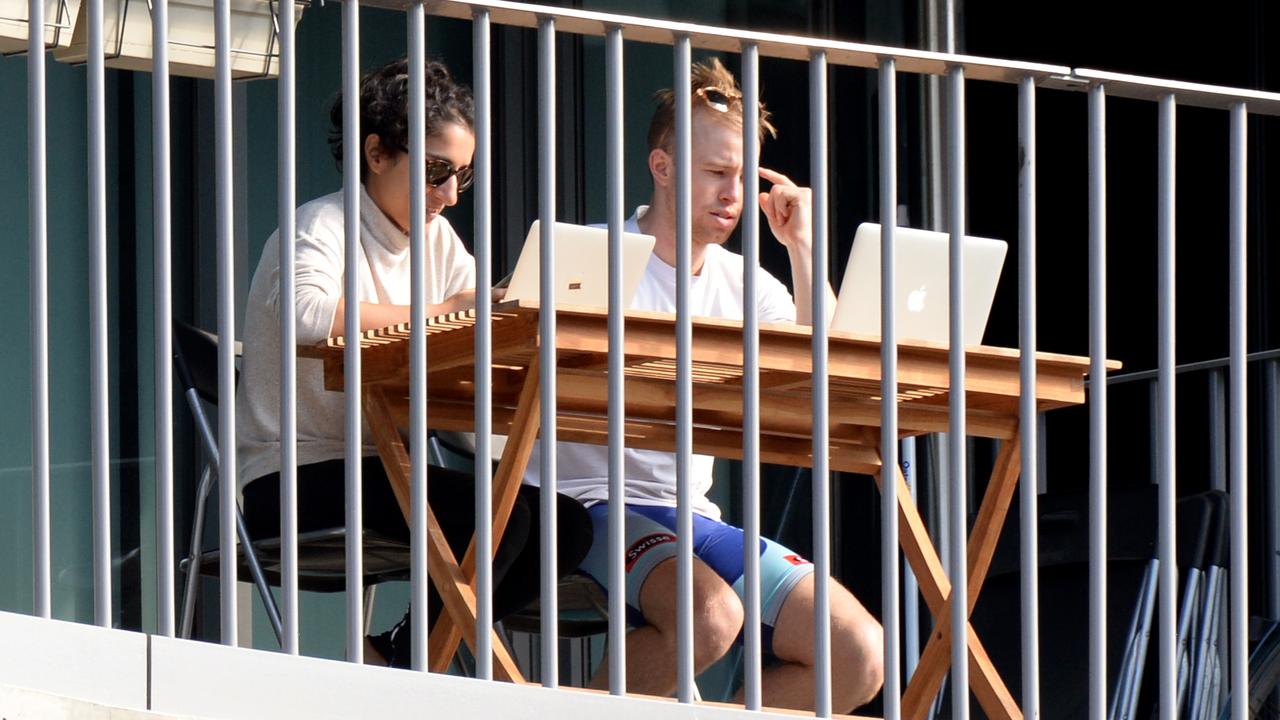DV Helpline staff question end to WFH in NSW after Premier’s message
Call centre staff helping victims of domestic violence and children are the latest workers to push back against a mandated return to the office.

At Work
Don't miss out on the headlines from At Work. Followed categories will be added to My News.
The NSW Department of Criminal Justice will be brought before the Industrial Relations Commission after domestic violence and helpline staff pushed back against a return to work mandate.
The Public Service Association (PSA) raised a dispute with the DCJ regarding the department’s expectation that call-centre staff return to the office “principally” or 50 per cent of the time.
The mandate would mean staff, including those dealing with DV victims and child protection services, would need to attend the Liverpool or regional office for at least 50 per cent of their shifts.
The PSA said the policy came in response to a circular from Premier Chris Minns last year that, while not specifically calling for an end to working from home, said it should not be “taken for granted”.
“The circular does not strictly prescribe patterns of attendance and allows for ad hoc variations for the needs of employees and organisations,” the PSA said in a statement on Friday morning.
“As per the dispute resolution process, we met with DCJ and asked for feedback as to why they would not consider you for an ad hoc exemption. They have not provided any formal response yet.”

Due to a lack of response, the service workers union is now seeking “the assistance” of the state’s Industrial Relations Commission, with the first conciliation meeting held on Wednesday.
The PSA said it sought to understand the “specific operation grounds” the DCJ was using to “deny the ad hoc exemption”, with a further hearing on June 17.
“Yet there have been no operational requirements provided, other than simply the Premier’s circular,” the PSA said.
“Your delegates and the PSA do not believe there is any valid operational requirement for an increase in office attendance, as the work you perform has been structured around remote working for the past four years or longer.
“You work in the same manner in the office, as you do from home, with the same processes, practices, and structures.”
A meeting between the union and helpline and DV line members is slated for June 2.
An end to Covid-era work-from-home arrangements and mandated return to the office has been a significant sticking point in both the private and government sectors in recent years.

In his circular, Mr Minns noted the usefulness of WFH arrangements in “attracting and retaining talented people” since 2019 but said there were “many ways” to achieve flexible work arrangements.
Mr Minns said WFH arrangements were not available to all government employees, and the starting position is that those staff “work principally in an approved workplace in NSW”.
“Arrangements to work from home on some occasions must take into consideration the wider needs of departments, agencies, the community and stakeholders,” the August circular stated.
Mr Minns’ opposition to WFH caused friction during the election.
The state premier told reporters during the campaign that Prime Minister Anthony Albanese was dealing with different circumstances in his opposition of the Liberals’ plan to end WFH for public servants.
A report earlier this month found staff at NSW Treasury were in the office only about half the time, or about 2.5 days per week, increasing from an average of 1.7 days per week in July 2024.
Originally published as DV Helpline staff question end to WFH in NSW after Premier’s message


